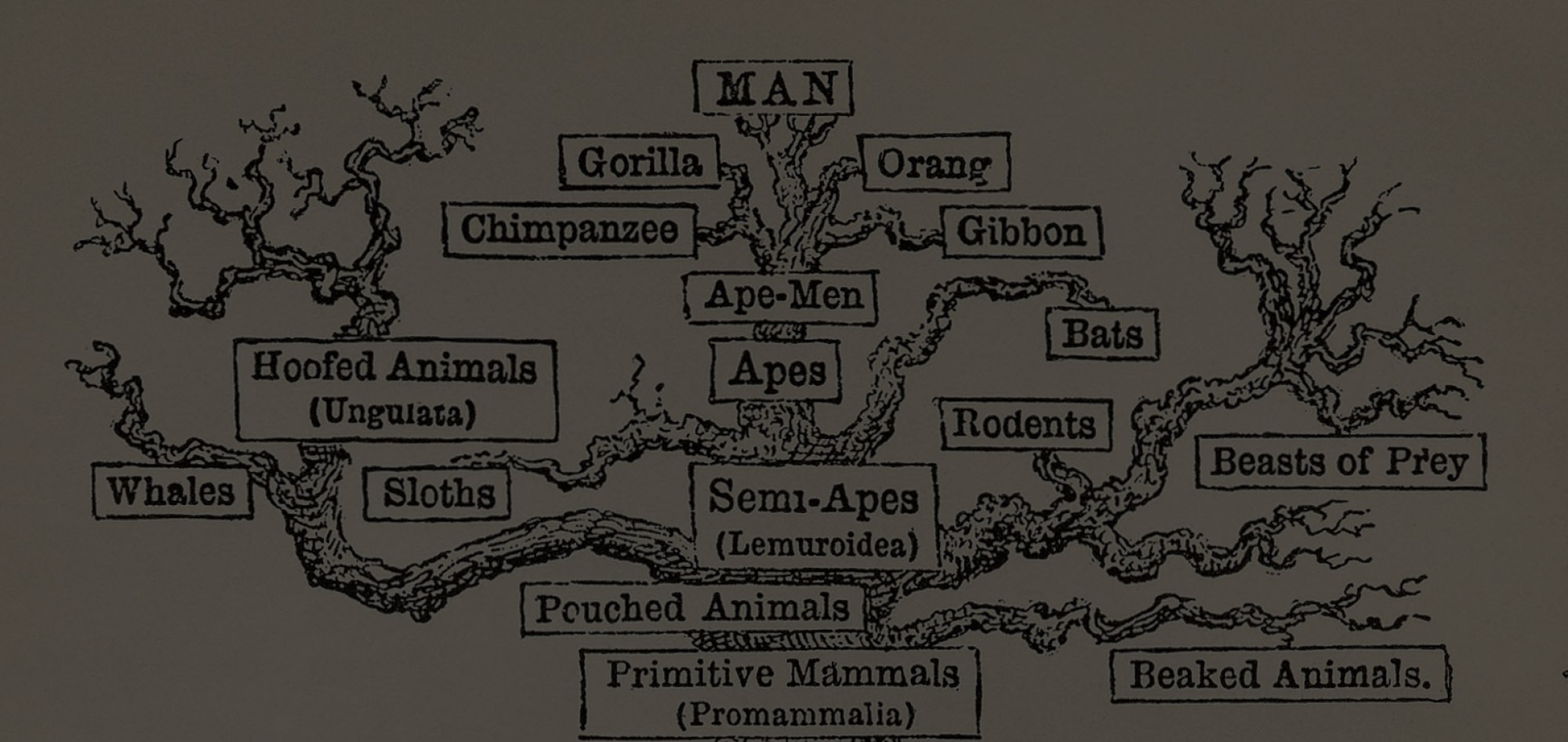Drs. Kevin Stanek and Deniz Ones began this project in 2009 as part of Kevin’s dissertation at the University of Minnesota. The materials on this website are the result of contributions from hundreds of other researchers, assistants, and administrators who we have tried to comprehensively recognize in the publications associated with this project (e.g., Stanek & Ones, 2023 “Acknowledgement of Study Contributors). We are deeply appreciative of their efforts and partnership in advancing understanding of individual differences.
 Kevin C. Stanek is a researcher focused on understanding individual differences and how they relate to behavior, cognition, and outcomes in the workplace and in life more broadly. Fundamentally, his research aims to decipher and predict human behavior. His work ranges from the investigation of counterproductive behavior across life domains to the genetics of job satisfaction, and it has been used to design selection systems, improve meta-analytic methodologies, and connect disparate literatures and disciplines. He earned his doctorate in individual differences and industrial/organizational psychology at the University of Minnesota, his Master’s in behavioral genetics at the University of Minnesota, and bachelor’s degrees in economics and psychology at the University of Southern California. Kevin works at a Fortune 100 company managing human capital analytics and research. Additionally, he consults with organizations on people analytics topics, such as personnel assessment, talent management research, retention prediction, and employee experience design.
Kevin C. Stanek is a researcher focused on understanding individual differences and how they relate to behavior, cognition, and outcomes in the workplace and in life more broadly. Fundamentally, his research aims to decipher and predict human behavior. His work ranges from the investigation of counterproductive behavior across life domains to the genetics of job satisfaction, and it has been used to design selection systems, improve meta-analytic methodologies, and connect disparate literatures and disciplines. He earned his doctorate in individual differences and industrial/organizational psychology at the University of Minnesota, his Master’s in behavioral genetics at the University of Minnesota, and bachelor’s degrees in economics and psychology at the University of Southern California. Kevin works at a Fortune 100 company managing human capital analytics and research. Additionally, he consults with organizations on people analytics topics, such as personnel assessment, talent management research, retention prediction, and employee experience design.
 Deniz S. Ones is a Professor of Psychology at the University of Minnesota, where she holds multiple distinguished professorships. She is globally recognized for her extensive research on individual differences in employee selection. Focusing on the assessment of individual differences in the context of employee staffing and talent management, her work includes the measurement of personality, integrity, and cognitive ability. She aims to predict work behaviors and outcomes, with a particular interest in counterproductive work behaviors. Her significant contributions to Industrial and Organizational Psychology have earned her recognition as one of the field’s most influential scholars. With hundreds of articles and book chapters to her credit, she has been cited tens of thousands of times in scientific literature, placing her in the top 1% of management and business citations worldwide. She has received numerous awards acknowledging the excellence and importance of her scientific contributions. A fellow of three divisions of the American Psychological Association – Personality & Social Psychology, Industrial-Organizational Psychology, and Quantitative and Qualitative Methods – she also holds an Honorary Doctorate from Leuphana University Lüneburg, Germany, for her exceptional scientific contributions.
Deniz S. Ones is a Professor of Psychology at the University of Minnesota, where she holds multiple distinguished professorships. She is globally recognized for her extensive research on individual differences in employee selection. Focusing on the assessment of individual differences in the context of employee staffing and talent management, her work includes the measurement of personality, integrity, and cognitive ability. She aims to predict work behaviors and outcomes, with a particular interest in counterproductive work behaviors. Her significant contributions to Industrial and Organizational Psychology have earned her recognition as one of the field’s most influential scholars. With hundreds of articles and book chapters to her credit, she has been cited tens of thousands of times in scientific literature, placing her in the top 1% of management and business citations worldwide. She has received numerous awards acknowledging the excellence and importance of her scientific contributions. A fellow of three divisions of the American Psychological Association – Personality & Social Psychology, Industrial-Organizational Psychology, and Quantitative and Qualitative Methods – she also holds an Honorary Doctorate from Leuphana University Lüneburg, Germany, for her exceptional scientific contributions.
